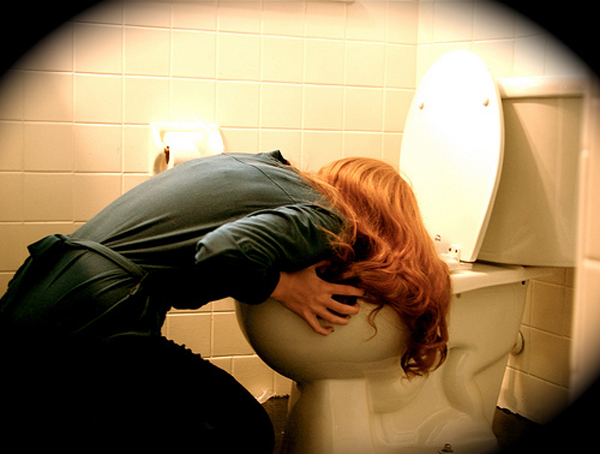
Bulimia nervosa is a condition of overeating and subsequently purging in a short frequent interval of time. Apparently, this condition may not seem to be dangerous but indeed if gone unchecked may lead to death of the affected person. Ideally, an individual may show no signs of being affected by this condition and thus it may go unnoticed and be highly detrimental. A bulimic may have short or long intervals of binging and subsequent purging or even undertaking harsh abnormally exhausting physical activities to get rid of the food eaten to stay slim.
Causes of bulimia nervosa
Bulimia nervosa may be caused due to varied reasons and is psychological. Multiple causes like going through a trauma like divorce, relocation, adapting to a new environment, molding oneself to the expectation of the society, low self-esteemed, a personality trait to please others by looking slim and attractive, mental tensions, a family history of obesity or even engaging oneself in a stressful activity like dance or aerobics may lead to people getting affected by bulimia. Although a person can be bulimic irrespective of the age group, higher percentage of the disorder has been recorded in teens and women. Bulimia damages many systems in conjunction hence it may be excessively harmful to the general body health.
Symptoms of bulimia nervosa
The affects of bulimia may range in the following order:
1. One may suffer from excessive gastric reflux after eating.
2. One may suffer from dehydration and hypokalemia, a condition where the amount of potassium is very low in the blood, caused by frequent vomiting.
3. Suffering from poor oral conditions like damaged teeth, gums and abrasions in the mouth due to acid released during purging.
4. One’s excretory system may be severely affected leading to constipation or delayed bowel movements.
5. The repeated cycle of over eating and vomiting may lead to acute rupturing of the esophageal lining, inflamed salivary glands and high incidences of peptic and oral ulcers.
Diagnosing bulmia nervosa
Although it is very hard to detect a bulimic since he or she may have hidden eating habits.
1. May not like to share food with everyone around
2. May not prefer to share the condition he or she is suffering from due to the stigma attached to the condition or for the fear of being a topic of discussion or an object of ridicule.
There are certain signs and symptoms that can be looked for to ascertain bulimia nervosa in a person. Even though one may not consent to be bulimic and thus suffer in isolation family, friends and well wishers can help in curing a patient by discerningly observing any traces of the following symptoms:
1. One may frequently visit the bathroom especially post meals.
2. Ironically, one overeats but never gains excess weight.
3. When one indulges in exercises relentlessly and abnormally.
4. One suffers from oral problems like eroded teeth or ulcers.
5. One talks excessively about dieting, body weight and shape.
6. When one remains permanently depressed or secluded from everyone around.
7. If one is often on medications that are diuretics or laxatives.
Treatment for bulimia nervosa
Once successfully diagnosed, there are two kinds of cure for bulimia nervosa, pharmacological and psychotherapy. Antidepressants such as MAO inhibitors, mianserin, fluoxetine, lithium carbonate, nomifensine, etc. or seizure disorder medications such as phenytoin, carbamazepine and valproic acid have shown to improve chronic bulimic conditions while on the other hand psychotherapy such as cognitive behavioral therapy (CBT) technique where patients are counseled to challenge binging or other indulging thoughts with or without additional antidepressant medication have also been equally beneficial without any side effects. Although indiscriminate eating habits coupled with poor health conditions both physical and mental may be hard to break, studies have revealed that a timely identification and diagnosis of the symptoms may assist in a person getting completely cured.
All said and done, bulimics are patients that suffer from depression or some kind of mental blockages and thus empathy is the best remedy. The simple act of patiently listening to the person, lending a shoulder or offering pleasant words can work wonders to assuage bulimic conditions. Engaging in positive activities like yoga and meditation, breaking mental blocks, maintaining a healthy lifestyle, taking help as soon as one starts to experience symptoms go a long way in curing bulimia.




